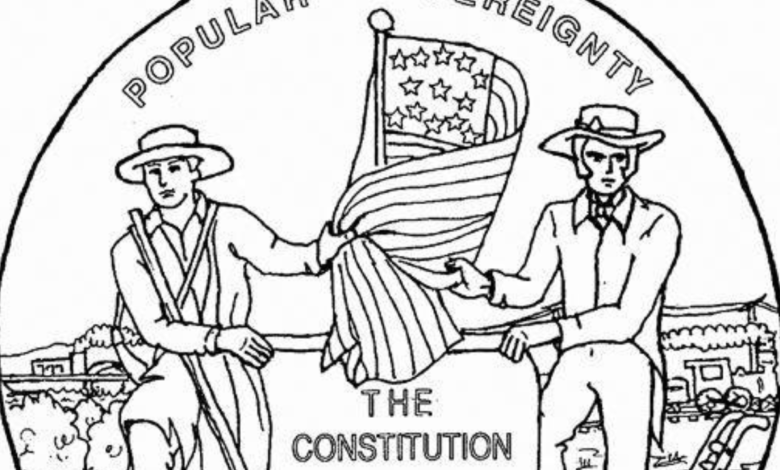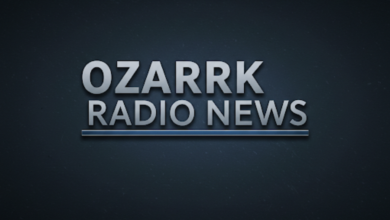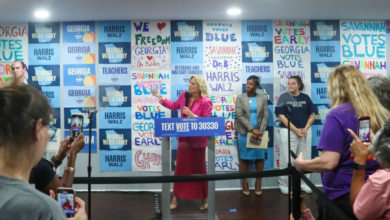Popular Sovereignty – Understanding the Power of the People

1. Introduction to Popular Sovereignty
Popular sovereignty refers to the concept that the power and authority of a government come from the consent of the people. popular sovereignty This idea is a fundamental principle in democratic systems, where citizens hold the ultimate authority to shape the government through their participation in free and fair elections. It stands as the cornerstone of democracy, ensuring that the will of the people is reflected in the governing process.
Historically, popular sovereignty was a groundbreaking idea that replaced the notion of divine right monarchy, where rulers governed by the authority granted by a higher power. With the rise of democratic ideals in the 17th and 18th centuries, particularly during the Enlightenment era, thinkers like John Locke and Jean-Jacques Rousseau laid the groundwork for this political doctrine. They argued that individuals possess natural rights and that governments should be established to protect these rights, with the people retaining the ultimate power to choose their leaders and policies.
In modern political systems, popular sovereignty is the bedrock of legitimate governance. It is reflected in the universal right to vote, ensuring that individuals have a say in how they are governed. Additionally, popular sovereignty empowers people to hold their leaders accountable, reinforcing the idea that governments must act in the best interests of the people they serve. Without popular sovereignty, the legitimacy of a government is questioned, as it would be disconnected from the desires and needs of the populace.
2. The Historical Evolution of Popular Sovereignty
The origins of popular sovereignty can be traced back to Ancient Greece, where the concept of democracy was first practiced in its rudimentary form. The Athenian democracy, for example, allowed free male citizens to participate directly in legislative and judicial decision-making. While this was a limited form of popular sovereignty, it set the stage for later developments in the understanding of people’s power in governance.
In the Roman Republic, the concept of popular sovereignty evolved with the creation of a system where elected officials represented the interests of the citizens. The people of Rome held significant power through their assemblies, and though the system was far from perfect, it demonstrated that governance could be based on the collective will of the population.
However, it was during the Enlightenment period in Europe that the modern interpretation of popular sovereignty began to take shape. Thinkers like Locke, Rousseau, and Montesquieu championed the idea that people are inherently free and that governments derive their power from the consent of the governed. Locke argued that individuals possess natural rights—life, liberty, and property—and that any government must protect these rights to be legitimate. Rousseau’s social contract theory further solidified the idea that the general will of the people should direct the actions of the government, emphasizing that sovereignty resides with the people, not a monarch or an elite few.
The American Revolution in the 18th century became one of the most significant milestones in popular sovereignty’s evolution. The Declaration of Independence asserted that governments are created by the people and that they have the right to alter or abolish governments that fail to serve their interests. This revolutionary idea was later enshrined in the U.S. Constitution, which created a government accountable to the people through elected representatives and a system of checks and balances.
3. How Popular Sovereignty Functions in Modern Democracies
In modern democracies, popular sovereignty operates primarily through elections, where the people vote to elect their leaders and representatives. The core idea is that the people have the right to choose who will make decisions on their behalf, ensuring that governance reflects the preferences and values of the majority. In representative democracies, citizens elect officials who are entrusted with making policy decisions, while in direct democracies, people vote on issues directly.
In most modern nations, popular sovereignty is exercised through periodic elections where citizens can vote for their local, state, and national representatives. These representatives, in turn, make decisions about laws, policies, and regulations. A hallmark of popular sovereignty in this system is the ability to change the government through peaceful means by voting leaders out of office who no longer represent the people’s interests.
While elections are a vital aspect of popular sovereignty, modern democratic systems also incorporate safeguards to protect the will of the people. Constitutional frameworks ensure that even elected officials are bound by laws that reflect the values of the society. This prevents the tyranny of the majority and protects minority rights, ensuring that even those who may not be in the majority have their voices heard.
The role of media and public discourse in modern democracies also plays a significant part in popular sovereignty. An informed electorate is essential to making meaningful choices in elections. Media outlets, educational institutions, and public forums provide the necessary information for people to understand political issues, candidates, and policy proposals. The combination of voting, constitutional safeguards, and an informed populace ensures that the power truly lies with the people.
4. Challenges and Criticisms of Popular Sovereignty
Despite its central importance in modern democracies, popular sovereignty is not without its challenges and criticisms. One of the primary concerns is the influence of wealth, power, and media on public opinion. In many cases, economic elites and powerful interest groups can sway elections or policy decisions in their favor, undermining the true will of the people. Campaign finance, media bias, and corporate lobbying are some of the factors that can distort the democratic process, making it difficult for ordinary citizens to exercise their sovereignty freely.
Another criticism of popular sovereignty is the rise of populism, where political leaders claim to represent the will of the people but, in reality, may undermine democratic institutions. Populist leaders often rally against elites and the political establishment but may also concentrate power in their own hands, weakening democratic checks and balances. This populist approach can undermine the very essence of popular sovereignty by using the people’s support to justify actions that contradict democratic principles.
Additionally, there is a concern about voter apathy and the decline in civic engagement in many democracies. If people do not actively participate in the electoral process or are disengaged from political discourse, the legitimacy of popular sovereignty can be weakened. In such cases, the government may be seen as disconnected from the people it is supposed to represent, further eroding trust in democratic institutions.
5. Conclusion
Popular sovereignty remains one of the most important principles in modern political systems, serving as the foundation for democratic governance. It ensures that political power rests with the people and that governments are accountable to the citizens they serve. However, it is not without its challenges, including the influence of wealth and power, the rise of populism, and voter disengagement.
As democracies evolve in an increasingly globalized world, the struggle to maintain and strengthen popular sovereignty continues. It is essential for citizens to actively engage in the political process, for governments to safeguard democratic institutions, and for media to provide accurate and unbiased information. Only then can popular sovereignty truly thrive and reflect the collective will of the people.
6. FAQs about Popular Sovereignty
What does popular sovereignty mean in simple terms?
Popular sovereignty means that the people have the ultimate power to decide how they are governed. It is the idea that governments exist to serve the will of the people.
How is popular sovereignty different from direct democracy?
Popular sovereignty refers to the general principle that the people hold power, while direct democracy is a form of governance where people vote directly on laws and policies, rather than electing representatives.
Can popular sovereignty exist in non-democratic regimes?
In theory, popular sovereignty is a cornerstone of democratic governance. In non-democratic regimes, the concept may be distorted, and the government may not genuinely represent the will of the people.
Why is popular sovereignty important for a fair and just government?
Popular sovereignty ensures that governments are accountable to the people, making them more likely to serve the public interest and protect individual rights.
What are the main challenges faced by popular sovereignty today?
Challenges include media manipulation, the influence of powerful elites, populism, and voter apathy, all of which can undermine the democratic process and the true voice of the people.
You May Also Read: https://bigbestwire.com/walmart-photo/



